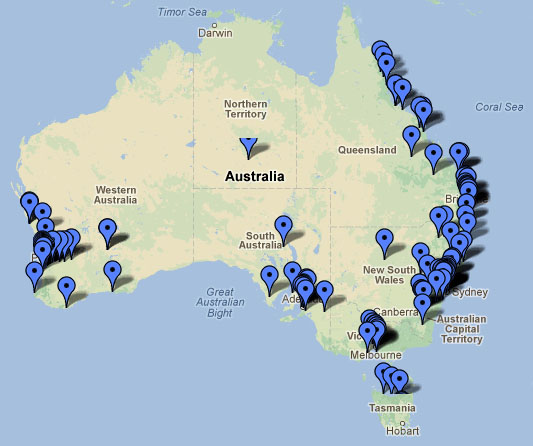History
ASPREN was established in 1991 by Dr Ian Steven, Director of the South Australian Research Unit of the Royal Australian College of General Practitioners. ASPREN was set up as a surveillance network for influenza and other infectious diseases, with GPs from around the country submitting data by completing OPSCASN sheets and faxing them back to ASPREN on a weekly basis.
ASPREN moved to the University of Adelaide’s Department of General Practice in 2002. To this day, ASPREN is run out of the University of Adelaide, yet is still affiliated with the Royal Australian College of General Practitioners.
In 2006, ASPREN was funded by the Commonwealth’s Department of Health and Ageing which allowed for an electronic system to be established, allowing GPs to enter data via a web based reporting system. Automated data extraction via the Canning Flu Tool was introduced in 2010 which allows for de-identified data to be extracted automatically from patient records.
In response to the H1N1(2009) pandemic, further funding was obtained to develop a respiratory virus surveillance system, allowing GPs to swab test patients who met the criteria for ILI (fever, cough and fatigue). Positive influenza swabs from ASPREN are forwarded to the World Health Organisation Collaborating Centre in Melbourne to detect novel strains of influenza emerging in the community and to monitor the emergence of antiviral-resistant strains should they arise.
Currently, over 200 GPs Australia-wide report to ASPREN, using a variety of reporting methods. ASPREN GP representation can be viewed in the map below:








